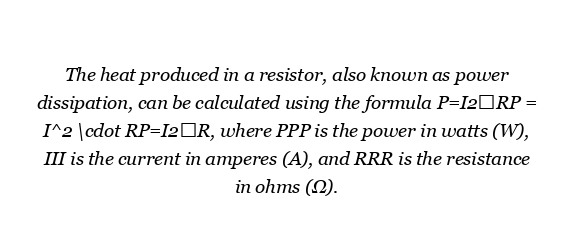What happens if neutral wire touches a earth wire ?
What Happens If Neutral Wire Touches an Earth Wire? In electrical systems, the neutral and earth wires serve distinct but essential purposes. The neutral wire provides a return path for the current back to the source, whereas the earth wire (also known as the ground wire) is primarily used for safety purposes, offering a path … Read more
